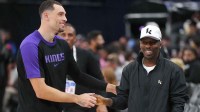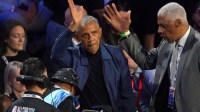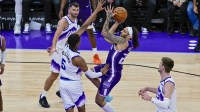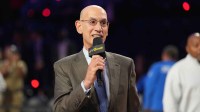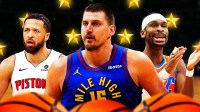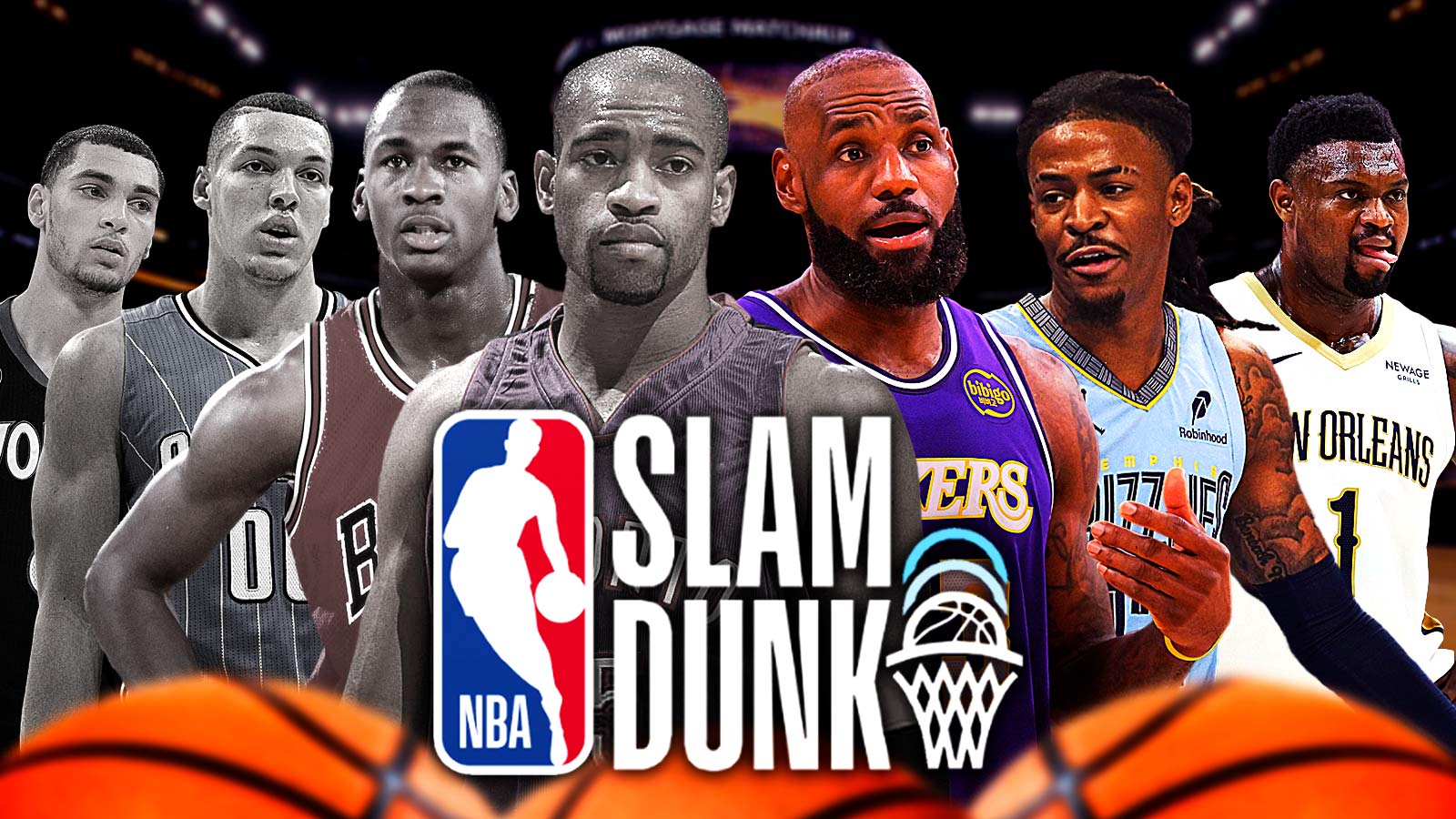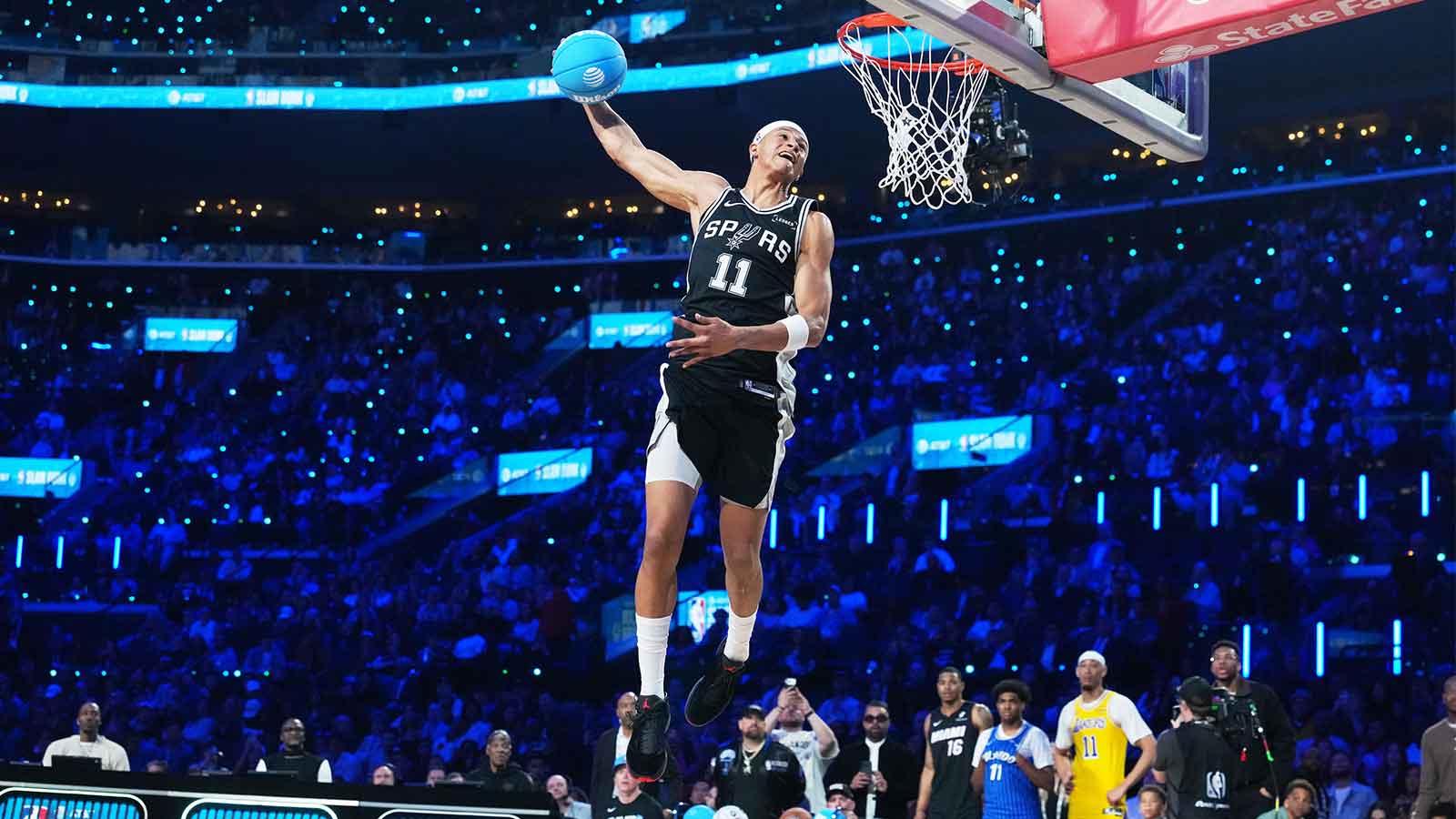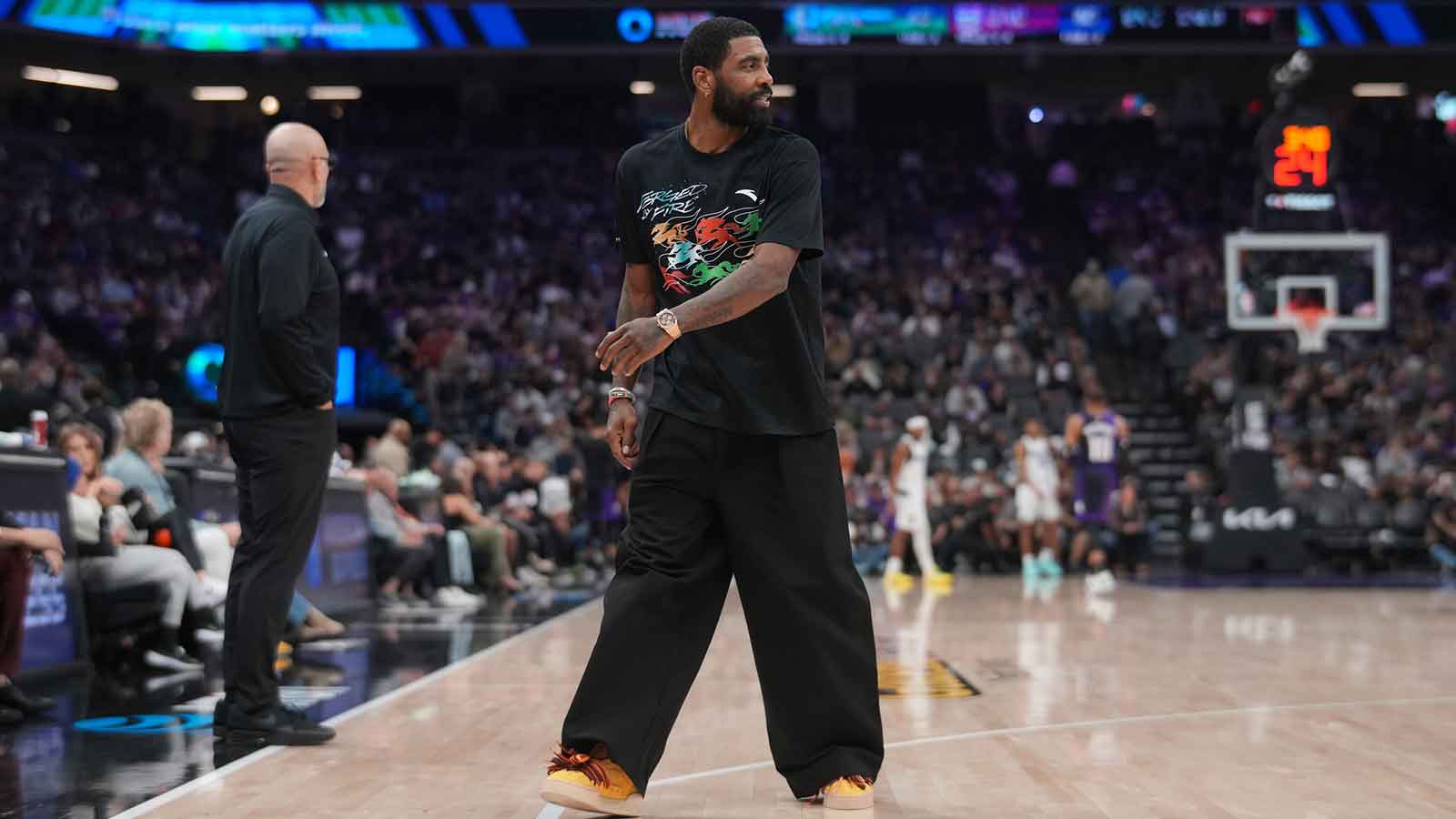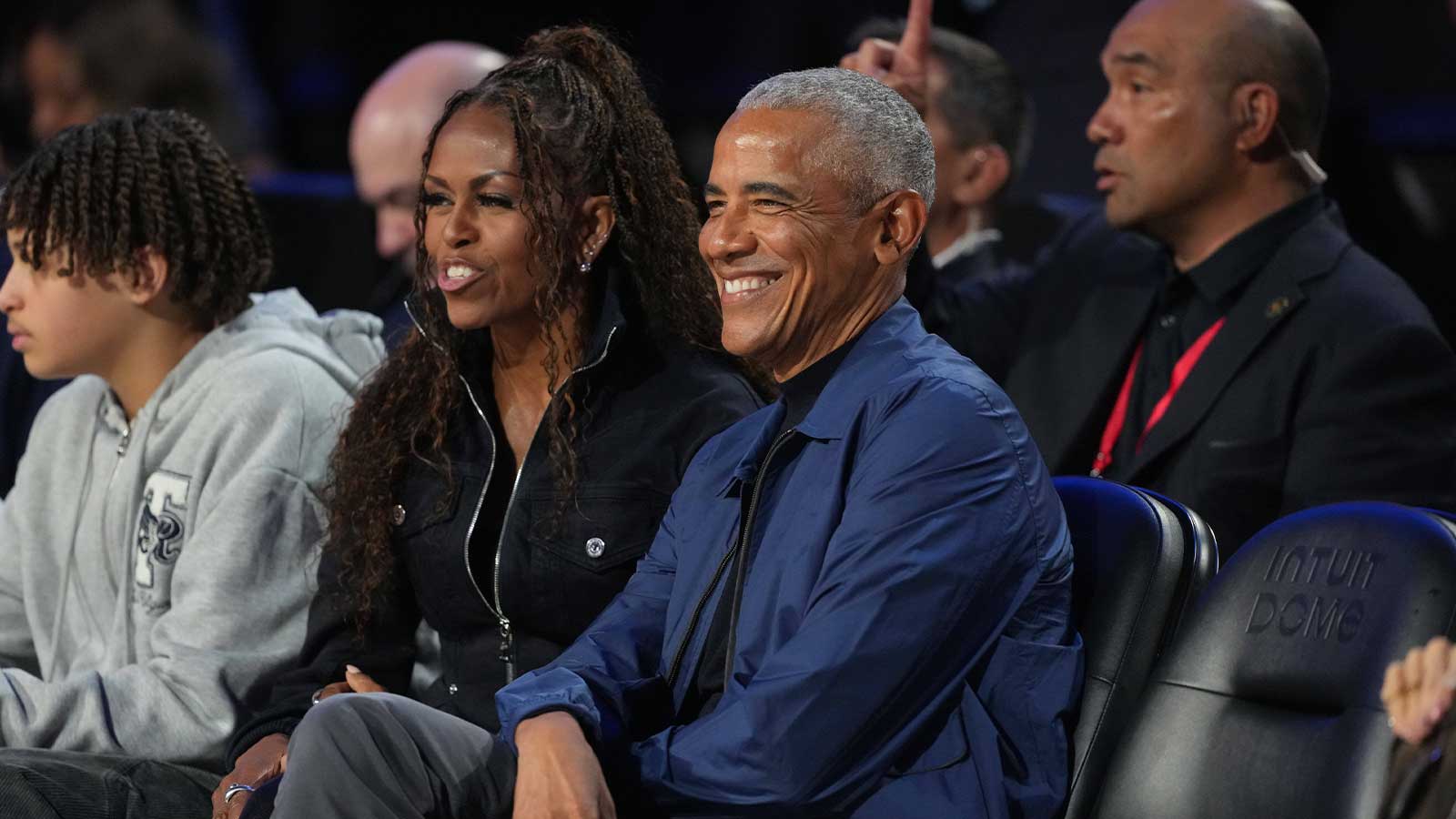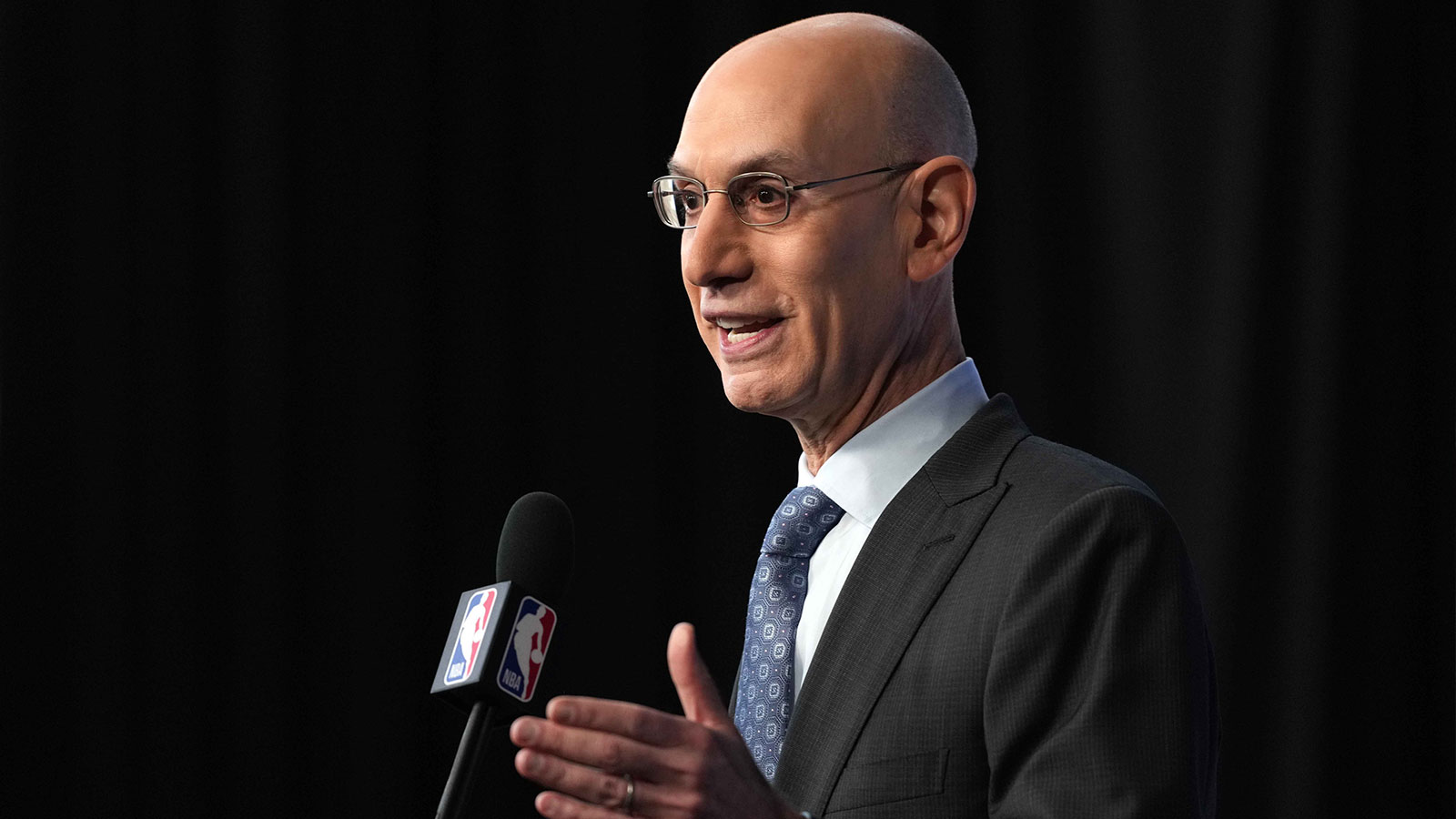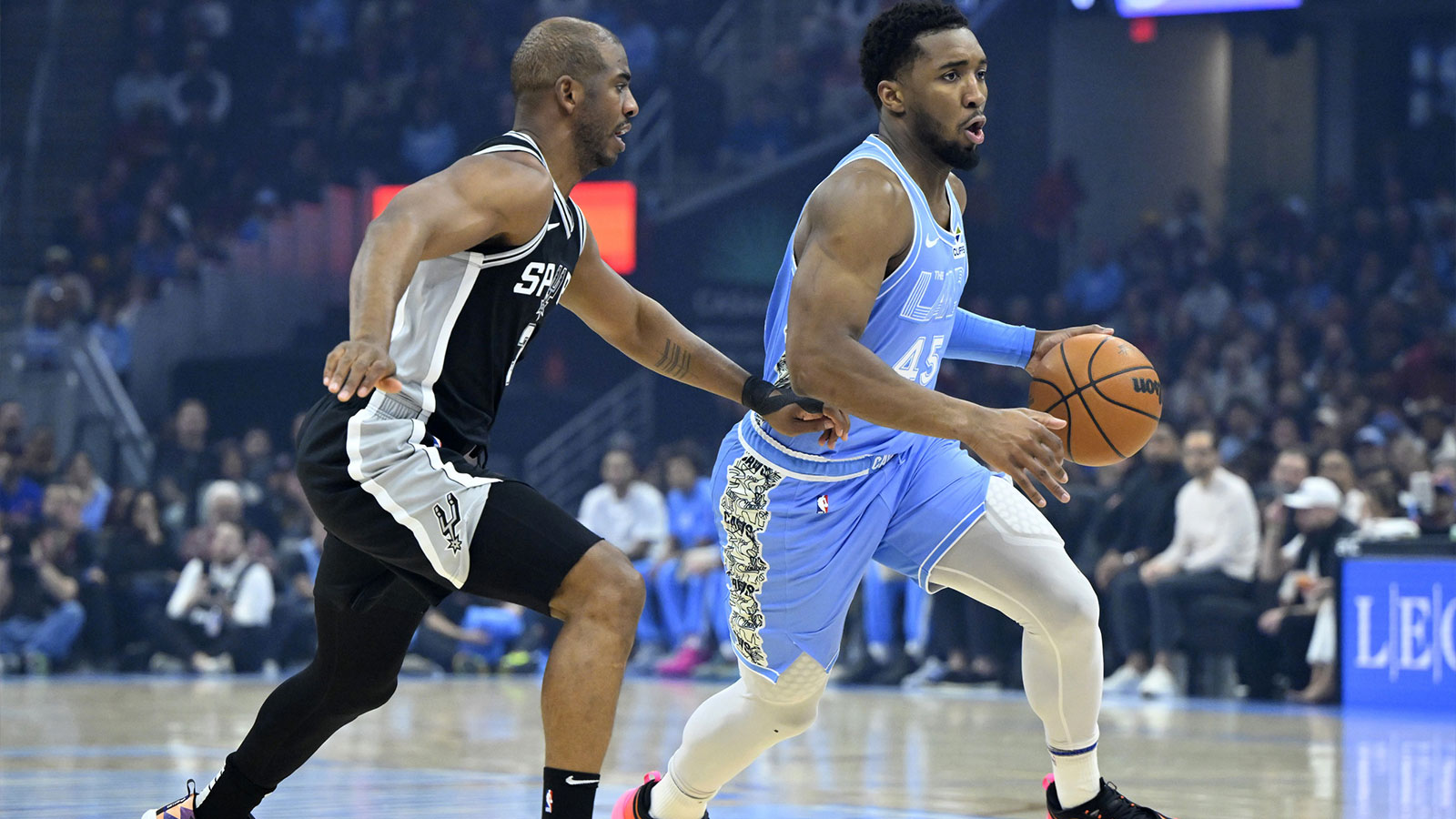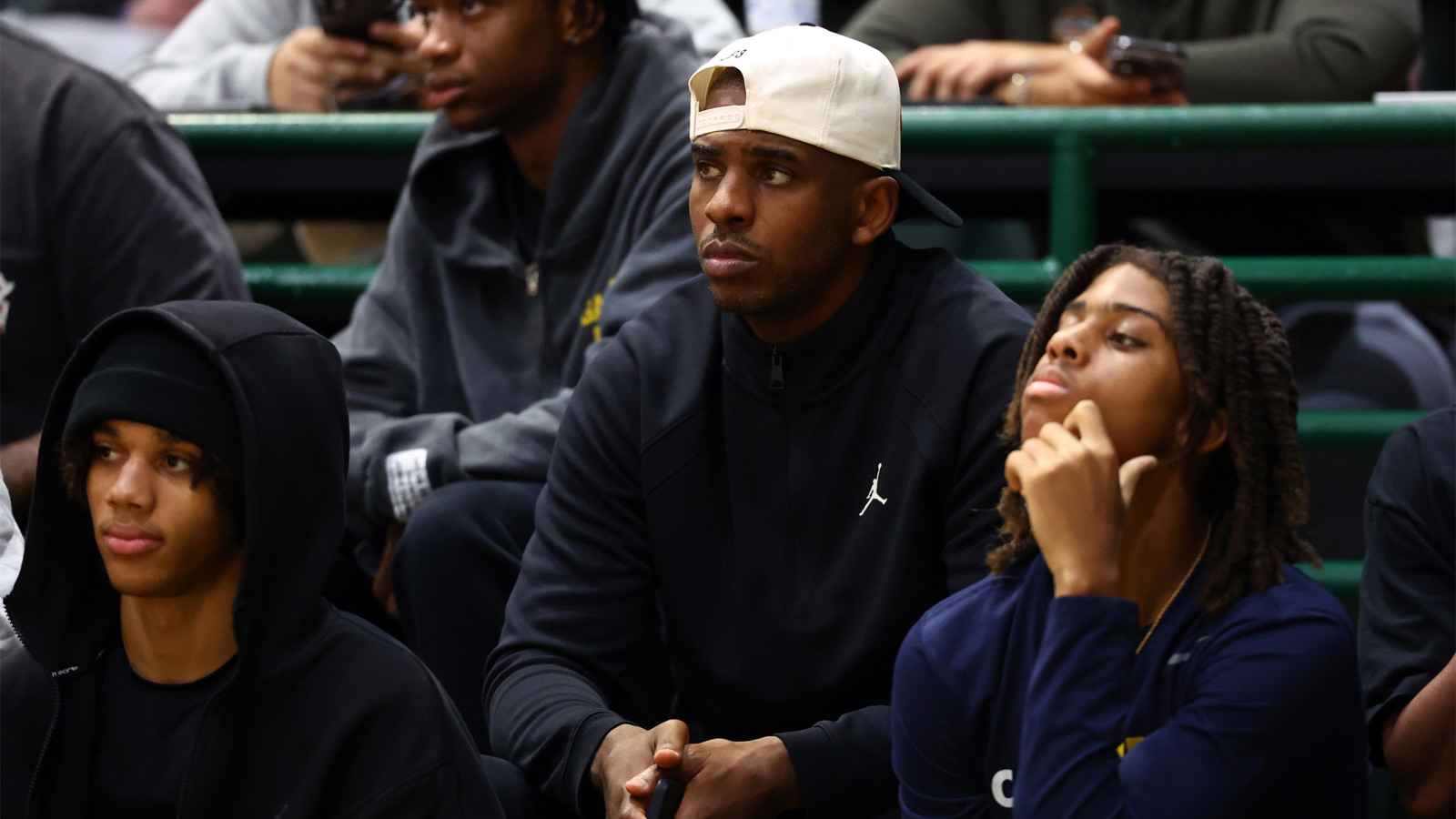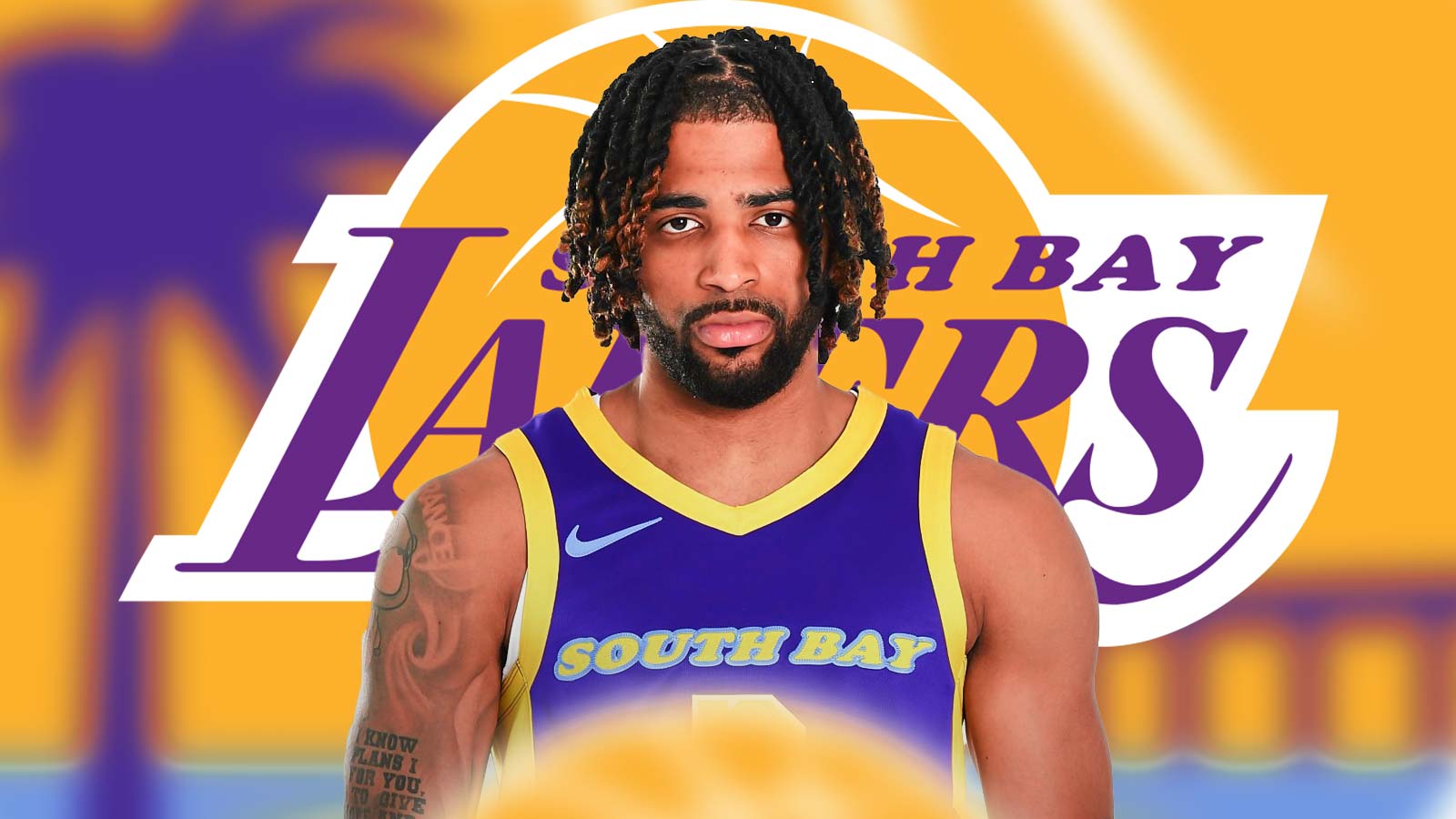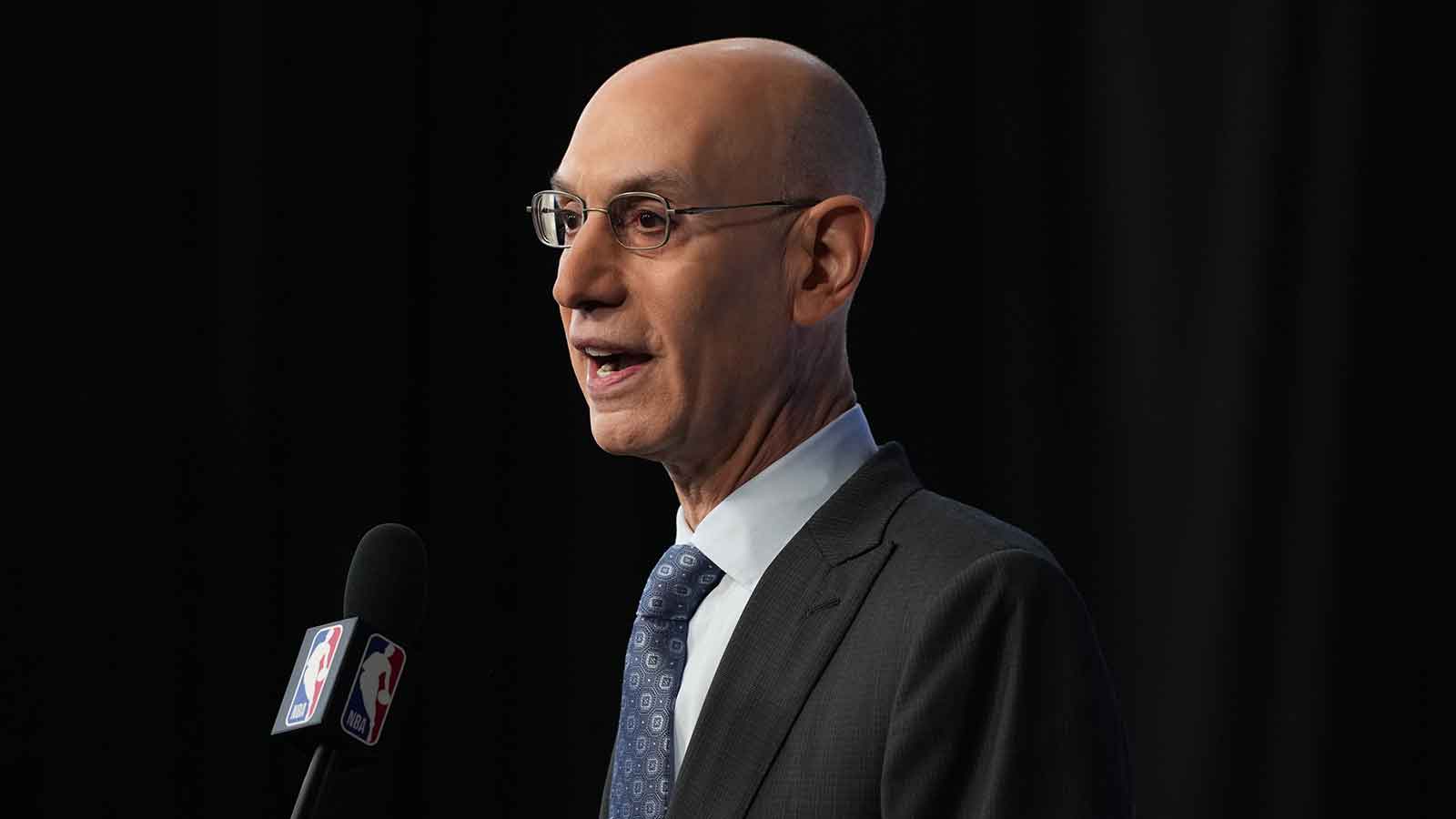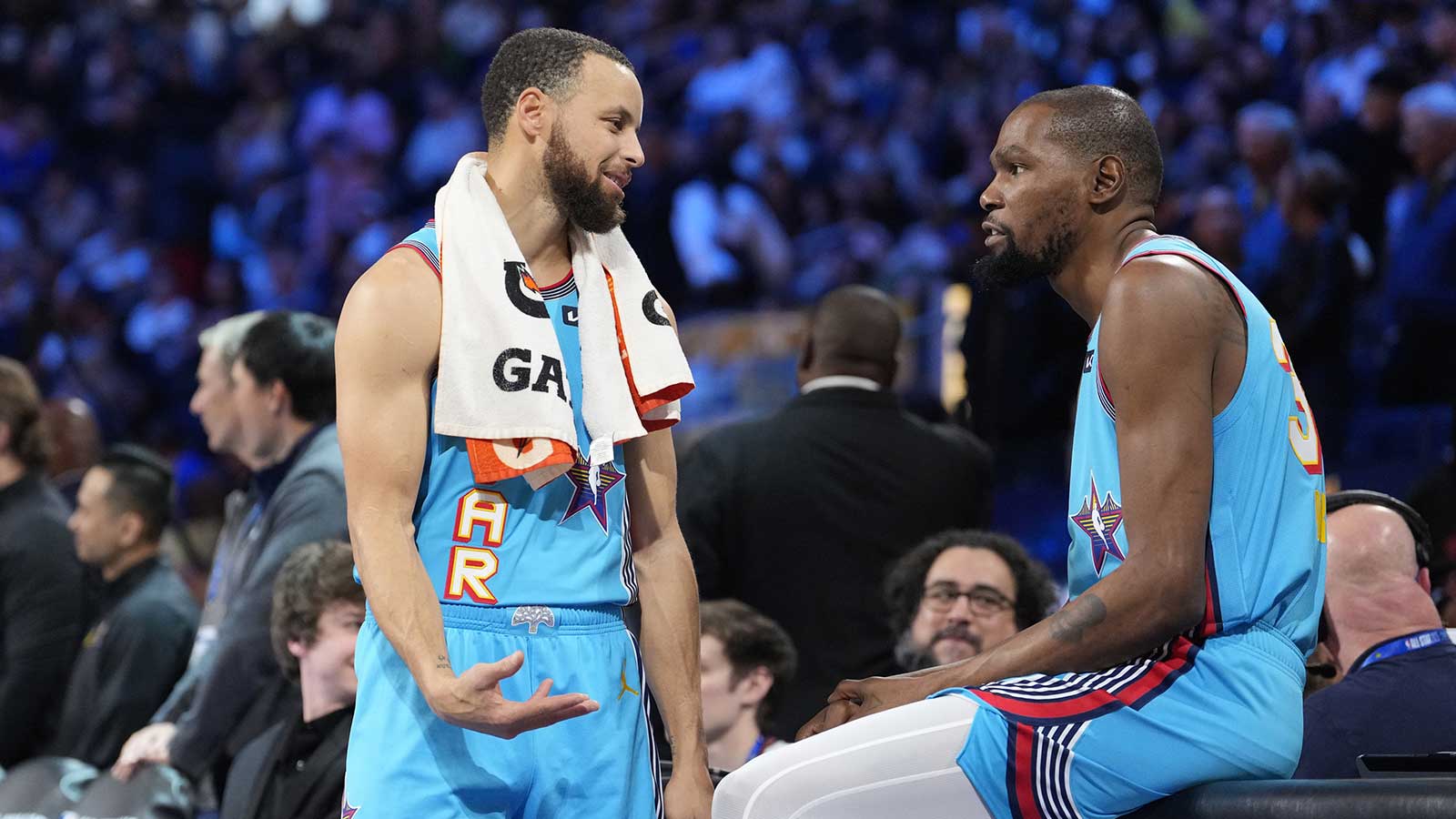It was an event the shook the entire world, not just the one surrounding sports. Nonetheless, just like the rest of the planet, sports leagues around the globe were shuttered due to the global pandemic. In this specific post, though, we're looking at a timeline of athletes testing positive for coronavirus. This isn't a full, out-of-sports coronavirus timeline, but it will factor in notable names and relevant happenings.
With that being said, and now being enough time removed from Utah Jazz big man Rudy Gobert touching microphones, let's look at how COVID-19 impacted not just sports, but the athletes who play them.
Timeline of athletes testing positive for coronavirus
March 11: The man often credit for starting issues within the NBA, after the aforementioned press conference tomfoolery, tests positive.
March 12: Gobert's teammate, Donovan Mitchell, tests positive. The superstar guard's test would result in numerous reports, rumors and whispers regarding a divide between himself and Gobert over the situation.
March 14: Then with the Detroit Pistons, and before a rise to relevance, Christian Wood tests positive for coronavirus.
March 17: A then unnamed four Brooklyn Nets players reportedly tested positive. After some more reports were released, it was revealed superstar Kevin Durant was one, but he was asymptomatic.
March 19: As the league begins to increasingly fill the impact of the virus, two Los Angeles Lakers talents test positive.
March 19: Not to be outdone by their rivals, I guess, Boston Celtics veteran Marcus Smart announced he also tested positive for the coronavirus. Moreover, and as importantly, he sent a strong message to the public about the pandemic in its earliest stages.
March 28: While the NBA continued to get hit with more positive tests, it wasn't until late March when the WNBA received its first positive test result.
May 22: Currently the head coach of the Georgetown Hoyas, but most known as a New York Knicks legend, the great Patrick Ewing announced that he tested positive.
June 23: Denver Nuggets star big man Nikola Jokic tested positive for COVID-19 in Serbia.
June 24: Indiana Pacers guard Malcolm Brogdon tested positive for the novel coronavirus.
June 24: Three Sacramento Kings talents all tested positive. This included Buddy Hield.
June 26: After the NBA conducted league-wide testing, 16 NBA players tested positive, more than inferring this was becoming an issue that wasn't going away.
June 29: Brooklyn Nets guard Spencer Dinwiddie tested positive for COVID-19.
June 29: Another Nets talent, DeAndre Jordan tested positive, taking him out of any Orlando Bubble activity.
July 5: The Milwaukee Bucks attempted to circle the wagons by shutting down their practice facility following some test results.
July 9: The Washington Wizards reveal several players tested positive.
July 13: In what was absolutely huge Rockets news at the time, Russell Westbrook tested positive for the coronavirus.
July 13: Of a then-322 registered players within the Disney Bubble, two tested positive.
July 14: Not long after the Brooklyn Nets signed him to help at the NBA Bubble, Michael Beasley tested positive.
July 16: Milwaukee Bucks point guard Eric Bledsoe could not be with the team in Orlando, Florida after testing positive.
July 22: Hindsight or not, in an important moment to keep things in perspective, during an interview with Shams Charania, Phoenix Suns center Aron Baynes talked about how COVID-19 impacted him and his family.
July 23: In a not-so-shocking turn, Major League Baseball began to become impacted by the novel coronavirus. On this date, Washington Nationals star left fielder Juan Soto tested positive for COVID-19.
July 27: New ownership couldn't predict for such a debacle, and the Miami Marlins had to cancel their home-opener.
July 31: In what was stunning news at the time, following multiple outbreaks, only 80 percent of MLB talent were available for action.
August 14: While MLB was dealing when its outbreak, Mo Bamba had to leave the Orlando Magic to undergo comprehensive testing.
August 27: Fast-forwarding a bit, as all sports were suffering and positive tests were being reported, Manchester United star Paul Pogba was left out of the France national team squad after testing positive for coronavirus.
August 27: Christian Pulisic was among four Chelsea players who started to isolate after numerous players tested positive for coronavirus.
September 2: Paris Saint-Germain star Neymar was among the three PSG players who tested positive for the novel coronavirus.
September 12: In what felt like an inevitable turn of events, the college sports would began to get altered in an unfortunately large-scale way, with the Clemson athletics department reporting 24 positive test results.
September 22: No echoes could be stirred, as the Notre Dame Fighting Irish began to postpone football games.
October 1: Like every other league, the NFL began to become impacted, postponing games early in the season.
October 3: New England Patriots gunslinger Cam Newton tested positive.
October 10: A week after Newton, and plenty of other positive tests, the Chicago Bears and Kansas City Chiefs were dealing with their fair share of positive test results.
October 11: At the time it was thought of as an act of defiance (or maybe ignorance), the Patriots-Broncos game was going to played despite both rosters being ravaged by positive tests.
October 13: Just one month before the Masters, Dustin Johnson tested positive for the coronavirus.
October 13: In an effort to save their season, the NFL drops the hammers with new procedures.
October 17: Amid their own outbreak, Florida Gators coach Dan Mullen tested positive.
October 25: Jacksonville Jaguars running back Ryquell Armstead was out for the season as a result of his second hospitalization due to COVID-19-related symptoms.
October 26 and beyond: While plenty of other events transpired, teams began to better protect players from medical reports being sent to the public. Moreover, due to the sheer number of positive tests in all of sports and the public trying like hell to mentally public out the negativity, coverage of the positive results became less prevalent (though they did continue to happen).
Still very much happening, the global pandemic touched just about everyone in one way or another. Sports, in the grand scheme of things, was not important. As isn't this timeline of athletes testing positive for coronavirus. Nonetheless, when sports started to creep back to some form of normalcy, even without fans in attendance, it provided an outlet for those fans in a desperate need to escape from the real world.



